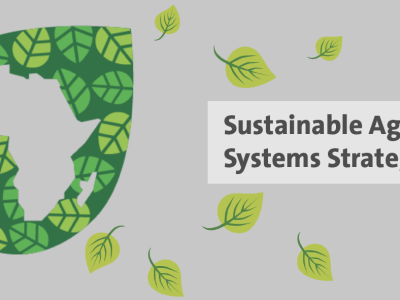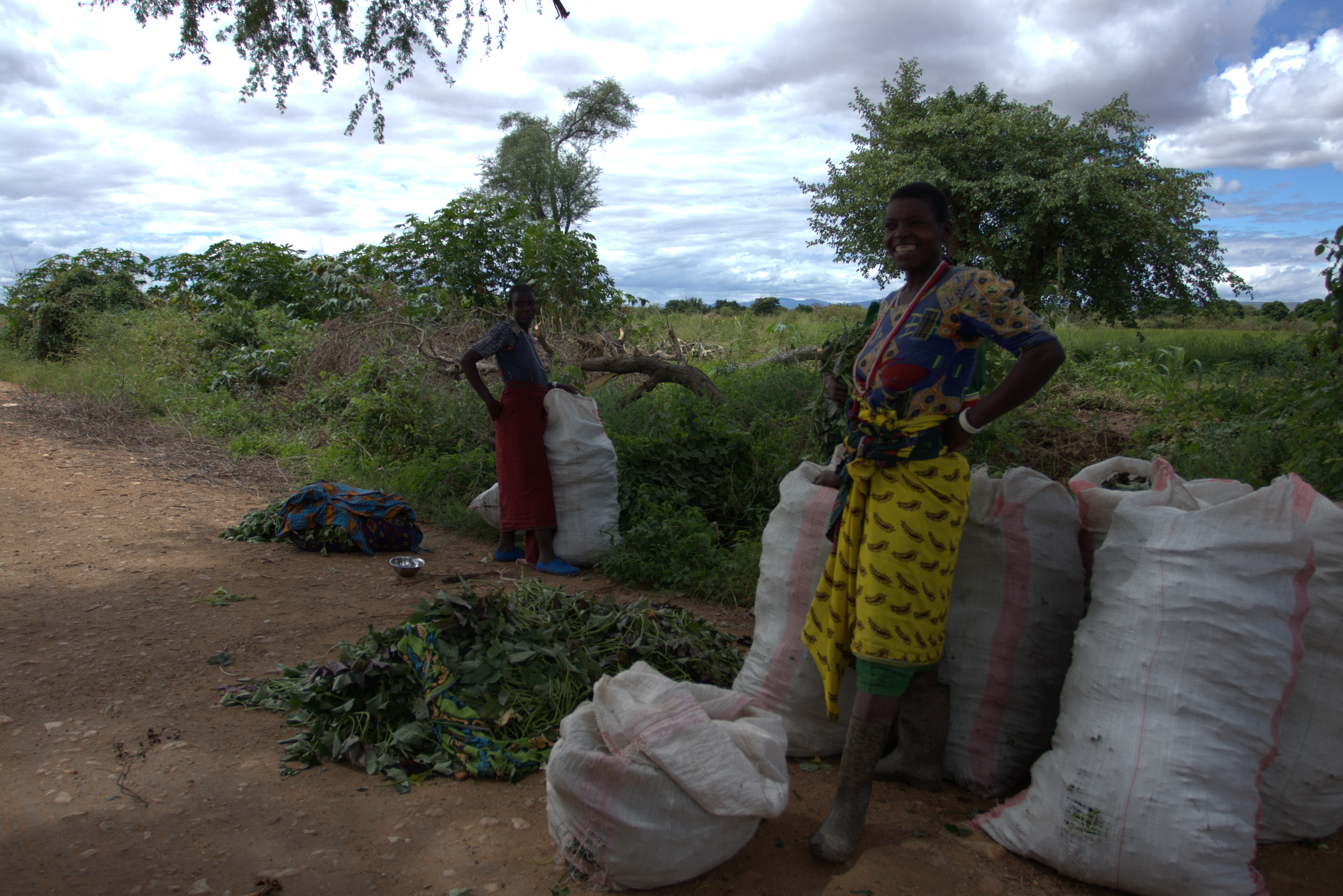
Towards more sustainable food systems - Editorial
The UN 2030 Agenda for sustainable development, as a universal agenda, provides a valuable framework to put sustainability at the heart of a wide range of human activities. Agriculture, and more broadly food system activities, are no exception.
A “sustainable food system” is understood as a system that ensures food security and nutrition for all without compromising the economic, social and environmental bases of such systems for future generations. Today, our global food system is unsustainable. In many cases, current food production, distribution and consumption practices are depleting our resources and polluting the globe; the majority of the world’s population is not properly nourished; and our food systems are generating inequality in income and wealth, with profit concentrated in a small portion of the food system actors.
With a still fast growing and urbanising world population, and many economies still highly dependent on agriculture and increasingly agribusiness activities, the pressures are high to fulfil food and nutrition needs and achieve new economic opportunities. Moreover, major trends affecting food systems pose a number of additional challenges, most notably competition over limited resources and the adverse effects of climate change, issues arising from growing urban and informal markets, the current double burden of malnutrition and the increasing power concentration within a few players in our food systems. Yet, it is precisely because of these pressures that sustainable food systems should be at the centre of our concerns.
This is not only a challenge for developing countries, but a global one. How can we increase production using less agrochemicals, lower greenhouse gas emissions, avoid environmental degradation, and preserve biodiversity and ecosystems? How can we promote food systems that foster fairer and more equitable production, distribution, trading and consumption patterns, promote the inclusion of small farmers, women and youth and integrate better territorial development objectives? How to better deliver healthy diets and achieve better nutrition and the zero hunger goals?
There are numerous ways to reach such objectives, and plenty of initiatives and examples at hand. Many policy makers and stakeholders in the food systems have made commitments in that sense, towards greater sustainability and inclusiveness. This issue of GREAT Insights tries to capture some of the policy initiatives that are being developed, examples of successful endeavours, and explores the different visions of leading thinkers on this topic. For instance, notable efforts are being dedicated to foster greater food variety in our food systems, including by supporting the production, processing, marketing and consumption of neglected and underutilised species (NUS).
Do such ambitions require a paradigm shift, away from industrial agriculture and “modern” food systems in favour of more traditional and small scale ones, as many would argue? Not necessarily. The task includes, for instance, increasing the sustainability and inclusiveness of the more industrial agriculture, and seek to better combine and integrate it with efficient and sustainable forms of ‘traditional’ food systems, notably through the diversification of food production and consumption.
We need to address food systems in their entirety to find “openings” for change. This would require, for instance, to explicitly recognize the prominence of the informal sector in African economies for the livelihood of a large part of the population, while promoting sustainable and inclusive agricultural transformation and industrialisation, including through some formalisation processes. This also means paying greater attention to the rural-urban nexus, patterns of production, distribution and consumption, as well as the international dimension, notably in terms of trade and value chains promotion. Efficiency, equity, inclusiveness, diversity and health are all important dimensions to consider; so are the transparency and accountability of food systems.
The articles and interviews in this issue of GREAT Insights seek to address the ‘People, Profit and Planet’ sustainability challenge in food systems, focusing on how greater sustainability and inclusiveness are achievable. This exercise is part of a broader ECDPM endeavour, with its partners and a new programme we launched for the coming years, towards better understanding and promoting the sustainability dimensions of food systems, in particular in Africa. As always, we welcome your comments and suggestions.
Read the full magazine issue





